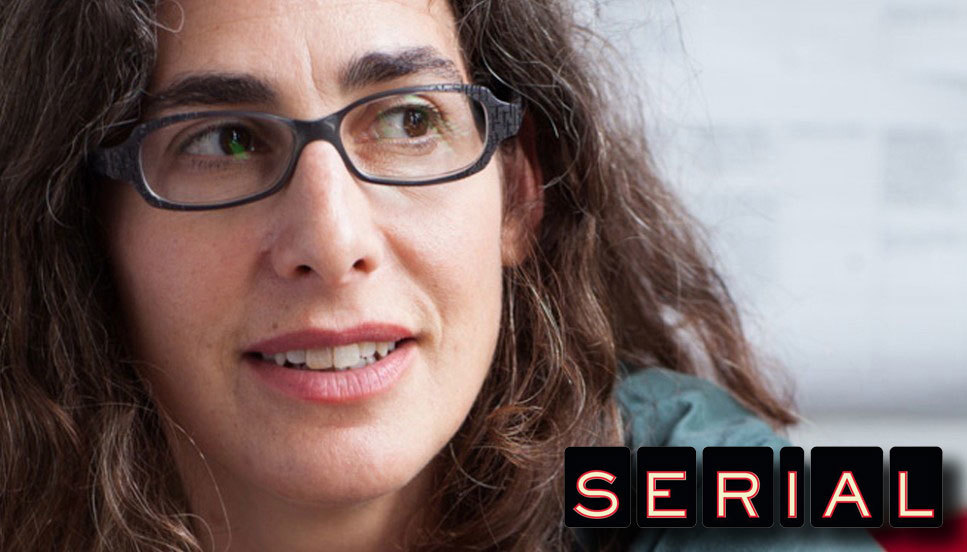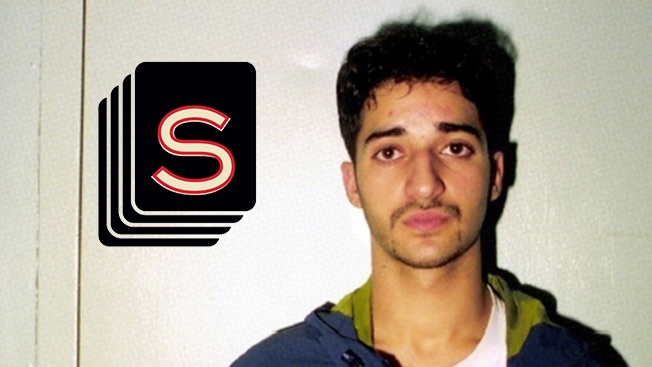Recording a podcast is easy, getting listeners hooked is hard. What you say in the first 30 seconds determines whether listeners stick around or not, so first impressions matter. Introduce your podcast like a pro and hook your listeners instantly.
3 Tips to Introduce Your Podcast like a Pro
The key to introduce your podcast like a pro falls down to 3 things:
- Building rapport with listeners by being conversational and authentic.
- A solid hook that sets up your show.
- Making yourself sound credible.
1. Building Rapport with Listeners
Building rapport matters because one of the greatest advantages of podcasting as a medium is the connection and intimacy listeners feel with the speaker.
If you sound relaxed and conversational, you promote that feeling of connection. Crappy words presented well are better than great words presented crappily.
2. Setting Up Your Show with a Solid Hook
A solid hook is necessary to grab attention and lure them into your world. A hook is something that creates curiosity in your listeners while withholding something valuable from them. You might do this by asking your audience an intriguing question, telling an incomplete story with a cliffhanger or explaining a problem and promising a solution to it. Great hooks are multilayered.
You can’t always win over everyone with the same hook, so it’s worth layering hook after hook in the introduction to your podcast. We’ll look at how Sarah Koenig does this in the intro of Serial in 10 seconds (small print: time taken dependent on reading speed, terms-and-conditions-apply).
3. Being Credible
Making yourself sound credible means convincing listeners that your podcast is worthy of their attention. There are loads of ways of doing this so you’ll be able to find something that works for you even if you think you don't have a whole lot of social proof on your side.
Do this by drawing attention to the credibility of your guests, casually pointing to your own expertise or being associated in some way with some credible organization. If you’re demanding people’s time you’d better be able to answer the question ‘why the heck should I listen to you?’.
To sum it up, keep it simple, so ask yourself:
How can I grab my listener's attention and prove I’m worth listening to?
Write down your answer. Then when it comes to it, just relax, don’t overthink it and start talking (you won't introduce your podcast like a pro just yet). You may be surprised by how forgiving audiences are. In fact, slip-ups can help build rapport and make your sound authentic (after all, no one's perfect).
How Serial Keeps Listeners Engaged
By now, we've all heard of Serial, but what can we learn about podcast intros from one that’s been downloaded over 250 MILLION times? A lot, as it so happens...
Serial Makes Themselves Credible from the Offset
The team at Serial know what they’re doing, so they open with a qualifier. Host and producer, Sarah Koenig, starts each episode with:
From "This American Life", it's Serial
Just like that, you're instantly given some credibility because it associates the series with another extremely successful podcast: This American Life.

Sarah then promptly tells us the name of the podcast, how often to expect to hear it, and her name:
...it’s Serial, one story told week by week, I’m Sarah Koenig.
This info is useful and necessary, but it’s not part of a hook, so it’s kept to only a few seconds long. In each introduction, she delivers on of the most powerful and multilayered hooks in all of podcasting (taken from season 1, episode 1):
For the last year, I've spent every working day trying to figure out where a high school kid was for an hour after school one day in 1999; or if you want to get technical about it, and apparently I do, where a high school kid was for 21 minutes after school one day in 1999.

This search sometimes feels undignified on my part. I've had to ask about teenagers' sex lives, where, how often, with whom, about notes they passed in class, about their drug habits, their relationships with their parents. And I'm not a detective or a private investigator. I've not even a crime reporter.
Serial Appeals to Everyone, but Talks to You
In the introduction, Sarah creates layer after layer of curiosity for the audience. People intuitively think to themselves ‘if she’s spent every day for a year trying to figure this out, it must be interesting'. Then she mentions how she’ll be investigating people’s sex lives. Now she's appealing to her audiences innate enjoyment of gossip.
Finally, before you have time to think about whether you will follow her into the world she’s painting for you, she sneakily pulls you in with a question:
Can you remember what you did last Wednesday?
Now she’s brought you into the show, almost as a silent contributor. It’s near impossible to escape.
Sarah's built a layer of morbid curiosity on top of a layer of gossip appeal and then whacked a direct question to her audience on top of all that... and it works!
Serial Relates to Listeners
Sarah Keonig’s presenting style is objective, just like any documentarian, but building rapport within this genre is not nearly as important as it would be for podcasts in other categories, for example, political or sports podcasts. Despite this, there’s still an effort made in the introduction to make a connection with her audience. She states:
I'm not a detective or a private investigator. I'm not even a crime reporter.
This line takes the presenter down a few notches so that she’s easier to relate to. Listeners feel like they’re investigating the story with Sarah - that’s rapport in action right there!
As you can see, Serial ticks all 3 boxes for a good introduction. You’ll see the same pattern elsewhere on other success podcasts. There’s an infinite number of ways you could open a podcast while following these rules. They’re far from restrictive and worth sticking to drive engagement.
Don't take our word for it, have a listen to the very first episode of Serial to see how brilliant the intro really is!
Introduce Your Podcast like a Pro
It’s all well and good having the right words, but people are unbelievably good at detecting inauthenticity, so you need to make sure that the way you speak is reflective of the real you and not some kind of affected front you put on.
Top podcasters manage to make their audience feel like they know them personally. If you're false and affected in how you communicate, then you'll prevent this from happening. The best way to achieve this? Just stick to the old radio wisdom and talk as if you’re speaking to friends.









